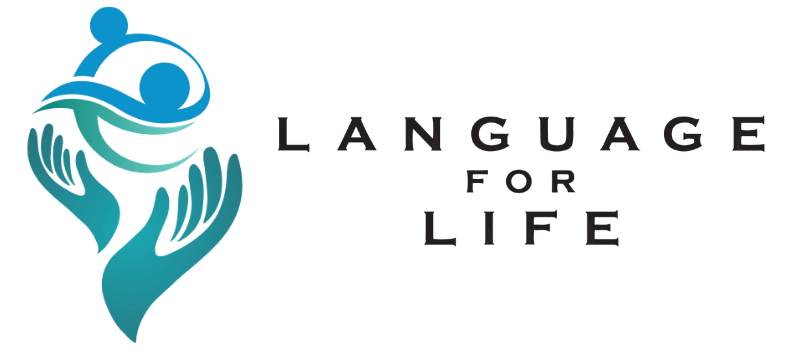- • What is Pediatric Physiotherapy and what do Pediatric Physiotherapists do?
Pediatric Physiotherapy helps children to achieve their optimal physical development. They have specialist knowledge in the movement, development and conditions that are likely to affect the baby and growing child and treat from 1-day-old babies to adolescents. Treatment may involve soft tissue massage, mobilization, stretching, specific therapeutic exercises and posture education. Because Children are not small adults these therapists encourage children to move to the best of their abilities through play and age-appropriate fun and instruction.
- Why would a child need Physiotherapy?
Physiotherapy is aimed at helping the children to develop and maintain their mobility skills, joint range of movement, muscle strength, and motor skills. They give advice on activities to help to improve their access to the curriculum.
- What problems about your baby’s or child’s muscles, joints or bones a parent should be concerned about?
- Your baby has a flat spot on the back of their head
- Your baby always lies with their head turned to one side
- You are concerned about the alignment, shape or position of your baby’s or child’s feet, knees or legs
- Your child complains of pain in their joints or muscles
- Your child needs rehabilitation following an injury, fracture, surgery or Botox injections
- Your child has juvenile arthritis, or has haemophilia and has had a joint or muscle bleed, and needs treatment to regain movement and strength
- The types of movement disorders or movement difficulties pediatric physiotherapists can help with vary greatly, we provide;
- Babies and children who are slower to achieve their motor milestones, eg: babies who are late to learn to sit, crawl or walk
- Babies and children who are using unusual patterns to move eg: w-sitting or bottom shuffling or toe walking
- Children who are having difficulty with motor skills, such as jumping/hopping or ball skills
- Toddlers and babies who are clumsy or uncoordinated
- Children with disabilities such as cerebral palsy, down syndrome, autism, brain injury, muscular dystrophies, or other congenital syndromes or conditions
- Babies and children with conditions affecting their bones, joints or muscles, such as Plagiocephaly (flattened head shape), clubfoot, flat feet, overly flexible or dislocating joints, or congenital conditions such as Ehler’s Danlos Syndrome, common musculoskeletal issues (Eg: Sever’s Disease, patellofemoral pain
- Children who have rheumatological and pain conditions such as arthritis, myositis, or chronic pain
- Children following an injury or trauma who require rehabilitation to get back to their best
- Children with rumination
- Children with chronic respiratory conditions such as cystic fibrosis, bronchiectasis or primary ciliary dyskinesia
- Some of the things we can do to help your child
- Comprehensive assessment and analysis of your child’s movement difficulties
- Provide you with information and education about how your child can be helped
- Deliver evidence based and focused interventions and therapy to help your child to achieve their full potential:
- Individualized therapy – To work towards your child’s goals
- Hands on therapy – To help your child to improve their movement abilities
- – To help reinforce and consolidate what your child has learnt during their therapy sessions
- – To help your child move and perform to the best of their abilities
- Rehabilitation programs following injury, fracture, illness or surgery – To help your child get back to their best as quickly and safely as possible
- Orthotic analysis and prescription
- Equipment analysis and prescription
- Community visits to day cares, schools, local parks and recreation and sporting venues – To help your child to participate in their chosen activities and have fun during their physiotherapy
- Some reasons you might seek the help of Move and Play Pediatric Therapy.
- You want to optimise your child’s development:
- You have concerns about your child’s development, particularly their achievement of movement and play skills
- Your baby feels ‘floppy’ or ‘stiff’ to hold
- You are a new parent and would like help with learning baby handling and play skills, and helping your baby learn to move
- Your baby was born prematurely, and you would like help to support their development
- Your baby or child has a diagnosed neurological, neurodevelopmental or neuromuscular condition, such as cerebral palsy or Down syndrome, which is causing or may cause movement difficulties
Your child seems to have poor posture, clumsiness, frequent trips or falls, pool balance and/or coordination
For more information about what Psychologists do – visit: aapi.org.au
